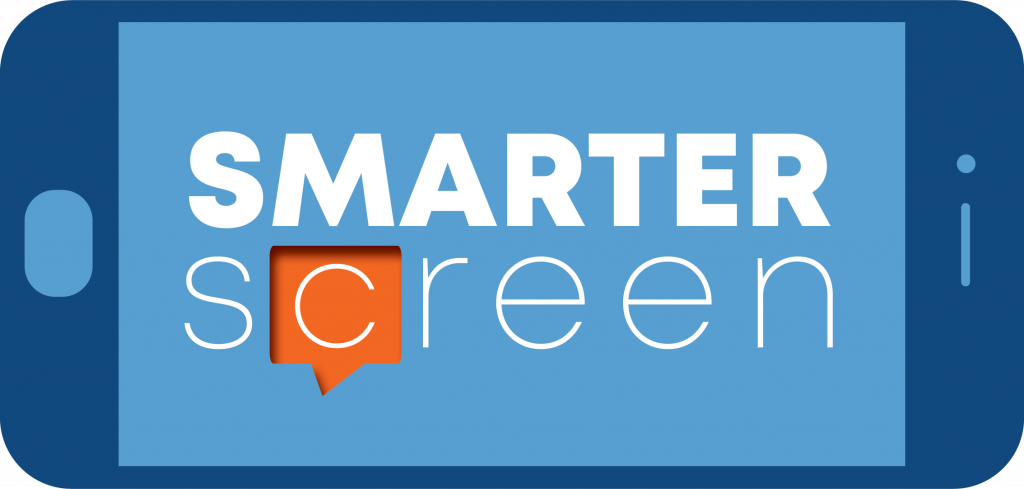
Overview
SMARTERscreen is three-arm cluster randomised controlled trial of patient SMS messaging in general practice to increase participation in the Australian National Bowel Cancer Screening Program
SMARTERscreen is building on the success of its predecessor, SMARTscreen, which was a two-arm cluster randomised controlled trial. The aim of the latter was to test the effectiveness of sending an SMS with motivational and instructional videos from general practices to encourage participation in the National Bowel Cancer Screening Program (NBCSP).
Progress
Both SMARTscreen and SMARTERscreen target younger individuals in the NBCSP, specifically those aged 50-60 years, as they have the lowest participation rates and are more likely to use smartphones regularly.
In SMARTscreen, the intervention group (those who received an SMS plus videos) showed a 16% higher uptake of the NBCSP kit compared to the control group where general practitioners conduct screening according to the guidelines of ‘usual care’ (39% vs. 23%).
SMARTERscreen is a three-arm trial, where the SMS intervention with motivational and instructional videos has been modified based on consumer testing by Associate Professor Belinda Goodwin’s Cancer Council Queensland team. The three-arm trial will compare (1) the modified SMS intervention with (2) a SMS-only approach and (3) a control group (‘usual care’ by general practitioners).
Currently, the SMARTERscreen trial is in full-swing in 59 general practices, 29 in Queensland and 30 in Victoria. This achievement was made possible by the efforts of Tamara Jolley, Anna Wood, Sabine Fletcher, Sandra Sursock and Lyn Buchanan.
To facilitate the intervention delivery, the team is collaborating with health technology company, Healthily, which is sending the SMS-only, and the SMS with the weblink to the motivational/instructional material, through their GoShare platform. Healthily is also adapting the intervention scheduling to send messages on weekends when people are more likely to read them.
To enhance data accuracy and obtain more detailed insights on intervention response based on factors like sex, age, and location, SMARTERscreen is working closely with the National Cancer Screening Register to collect data directly from them.
The SMARTERscreen protocol paper and the results paper from SMARTscreen are now available. An animation regarding the SMARTscreen results has been been created https://www.youtube.com/watch?v=3erzLk7q8YA
Publications
Find publications related to this research here
Investigators
Jennifer G McIntosh1,2,3, Jon D Emery1,2, Anna Wood1,2, Patty Chondros2, Belinda C Goodwin3,5, Judy Trevena 2, Carlene Wilson3, Shanton Chang6, Jane Hocking3, Tina Campbell7, Finlay Macrae8, Kristi Milley 1,2,9, Jie-Bin Lew10, Claire Nightingale3, Ian Dixon11, Makala Castelli11, Nicholas Lee11, Lyle Innes7, Tamara Jolley4, Sally Doncovio12, Kate Broun13, Glenn Austin14, Joyce Jiang15, Mark A Jenkins3
Affiliated organisations
- Centre for Cancer Research, University of Melbourne, Australia
- Department of General Practice and Primary Care, University of Melbourne, Australia
- Centre for Epidemiology and Biostatistics, Melbourne School of Population and Global Health, University of Melbourne, Australia
- Cancer Council Queensland, Fortitude Valley, Brisbane, Australia
- Centre for Health Research, University of Southern Queensland, Springfield, Australia
- School of Computing and Information Systems, The University of Melbourne, Australia
- Healthily Pty Ltd, Melbourne, Australia
- Colorectal Medicine and Genetics, The Royal Melbourne Hospital and University of Melbourne Dept of Medicine, Melbourne, Australia
- Primary Care Collaborative Cancer Clinical Trials Group (PC4), Australia
- The Daffodil Centre, a joint venture between Cancer Council NSW and the University of Sydney, Sydney, Australia
- Consumer representative
- Victorian Department of Health, Melbourne, Australia
- Cancer Council Victoria, Melbourne, Australia
- Queensland Health, Brisbane, Australia.
- Multicultural Centre for Women’s Health, Melbourne, Australia.
